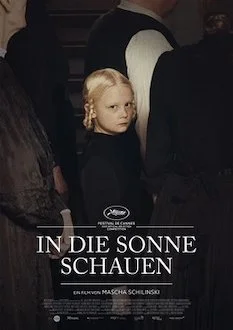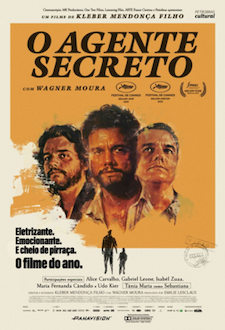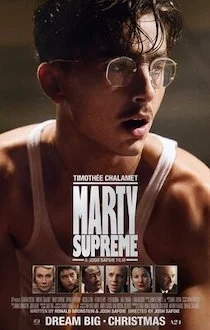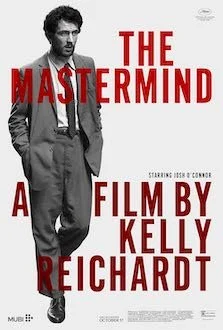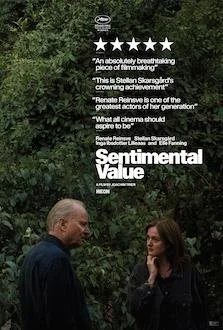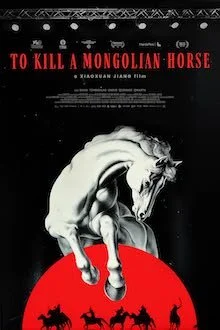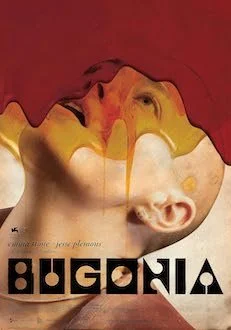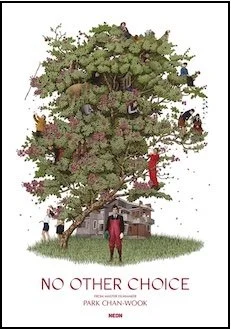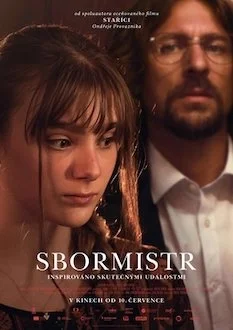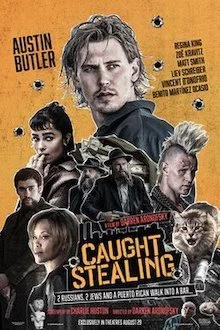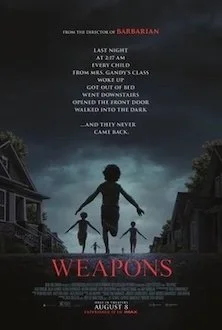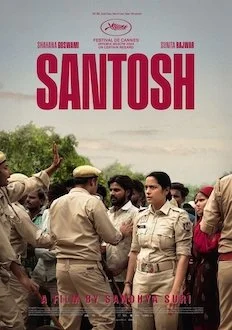Direction: Mascha Schilinski
Country: Germany
In Sound of Falling, the haunting sophomore feature by German helmer and co-writer Mascha Schilinski, we follow four teenage girls living in the same farmhouse across different temporal eras. Adopting a non-linear narrative, Schilinski orchestrates eerie atmospheres—some shaped by sepia-toned imagery—combining moody, painterly visuals (Fabian Gamper’s cinematography draws inspiration from the work of American photographer Francesca Woodman) with cold, bleak storytelling. Desire, anxiety, loneliness, family secrets, death obsession, and trauma form intergenerational patterns that surface in the lives of Alma, Erika, Angelika, and Lenka.
This finely tuned, skillfully composed psychological drama is a challenging watch, layering opaque and obscure passages with an imminent sense of doom. Immersed in such a soul-crushing cinematic experience, one can almost feel the anguish and desolation of these girls. It is a thematically provocative film whose nuanced details—carrying a disturbing poeticism—bind the stories together, even if connecting every narrative thread is initially difficult.
Sound of Falling is a rare, darkly beautiful movie experience and a powerful reflection on childhood, femininity, the body, and memory. Fluctuating between emotional devastation and moments of fragile stillness while navigating subtly intertwined temporalities, this character-driven work doesn’t waste time trying to be something it isn’t. A complex, sometimes elusive piece of cinema that reveals a distinctive and promising voice in contemporary German filmmaking, and certainly one worth seeing.

